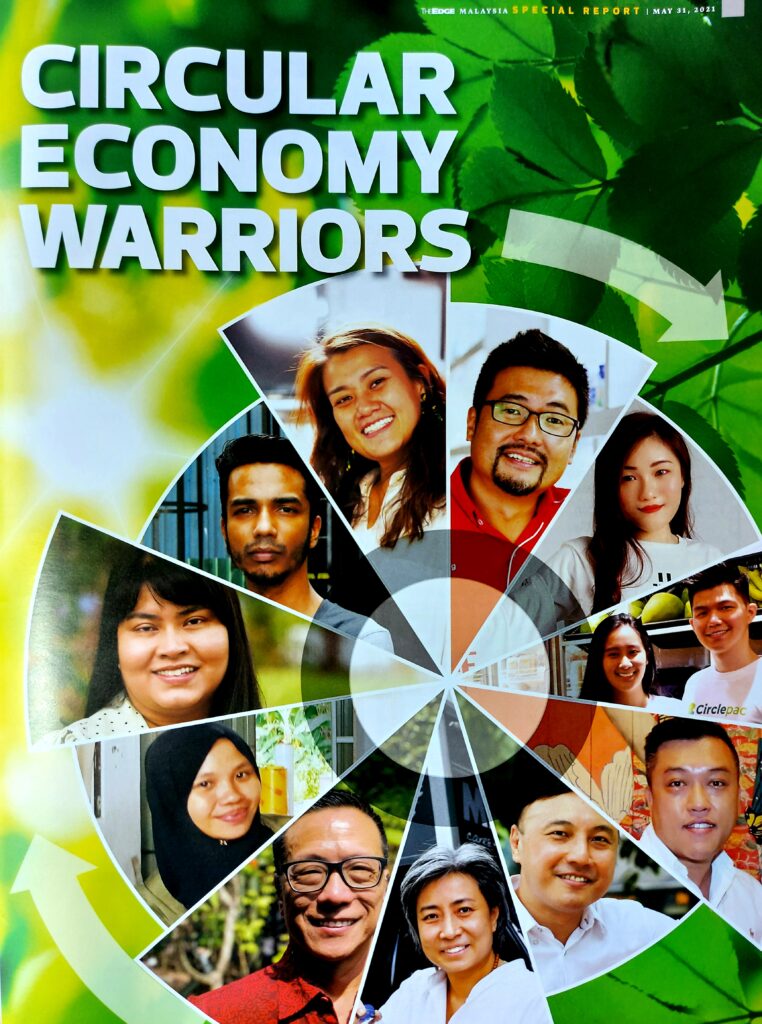
The EDGE Malaysia CE Warriors
Making the circular economy model work requires not just business initiative but also government action, says Business Council for Sustainable Development Malaysia (BCSD Malaysia) executive director Roberto Benetello.
The circular economy calls for systemic changes to the current economic model. It involves new business models such as resource sharing and product life extension, so materials can be kept in use as long as possible. It also demands that waste be turned into valuable raw materials, so natural resources no longer need to be extracted from the earth.
In Benetello’s view, for circular practices to be mainstream, a clear and supportive regulatory framework is needed. Otherwise, initiatives by companies will encounter numerous roadblocks.
He cites a project that he is working on as an example. “We are trying to recycle the single-use plastics utilised by patients who do dialysis at home. To do that, the plastic has to be classified as normal waste instead of clinical waste. And we need the Ministry of Health and Department of Environment to agree on that. This plastic is not contaminated and can be recycled.”


